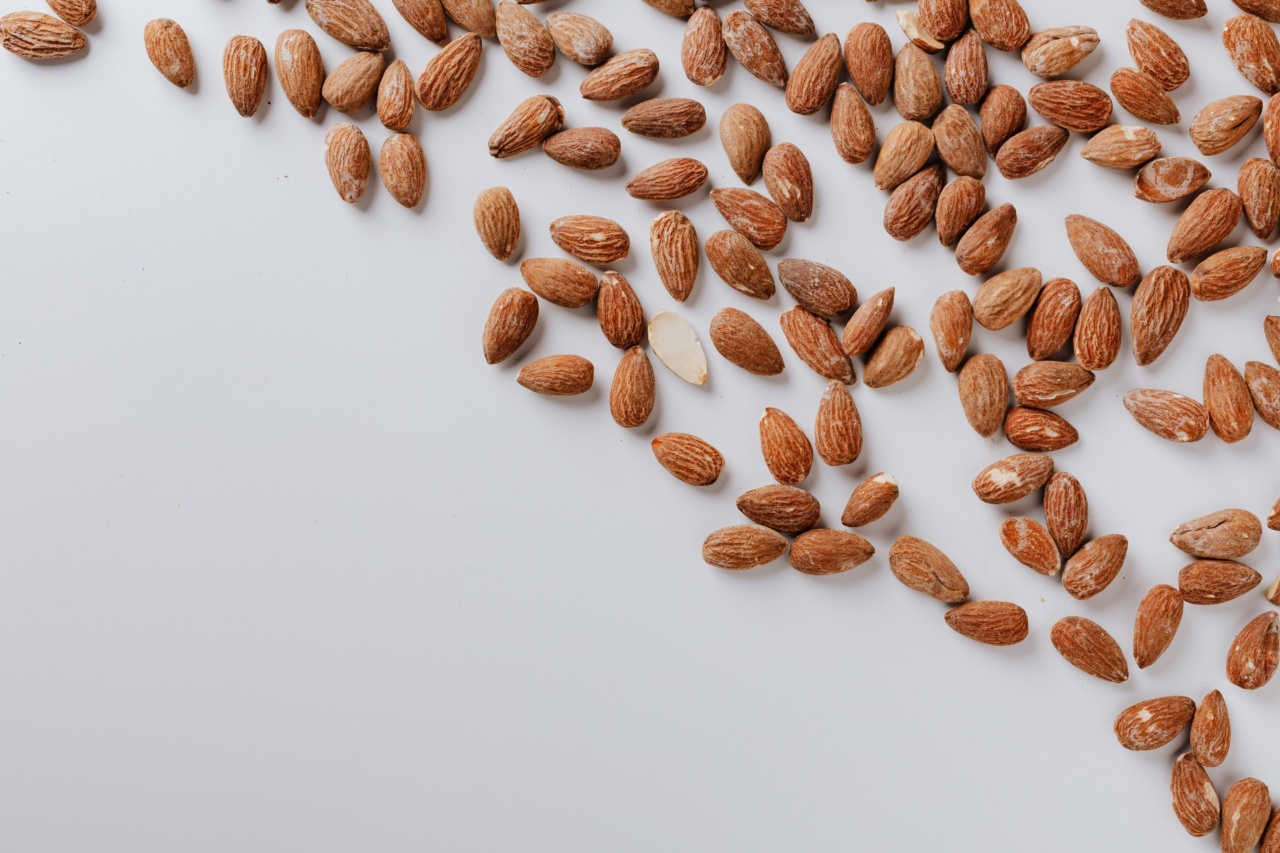Eating nutrient-rich foods is essential for maintaining good health and providing the body with the energy it needs. However, many nutrient-dense foods can also be high in calories, making it challenging for those trying to maintain or lose weight.
Fortunately, there are several low-calorie foods that are packed with essential nutrients. In this article, we will explore eight such foods that offer both optimal nutrition and minimal calorie intake.
1. Spinach
Spinach is a leafy green vegetable that is incredibly low in calories but rich in vitamins, minerals, and antioxidants. It is an excellent source of vitamin K, vitamin A, and vitamin C, along with iron, calcium, and potassium.
Adding spinach to your diet can boost your immune system, support bone health, and promote healthy digestion. Include spinach in salads, smoothies, stir-fries, or as a side dish for a nutritious and low-calorie addition to any meal.
2. Broccoli
Broccoli is a cruciferous vegetable that is not only low in calories but also high in fiber, vitamins, and minerals. It contains a range of beneficial compounds, such as sulforaphane, which is known for its antioxidant and anti-inflammatory properties.
Broccoli is an excellent source of vitamin C, vitamin K, and folate, making it beneficial for boosting immunity, supporting bone health, and improving brain function. Whether steamed, sautéed, or roasted, broccoli is a versatile and nutrient-rich addition to any diet.
3. Cauliflower
Cauliflower is a versatile vegetable that is low in calories and carbohydrates, making it an ideal choice for those following a low-calorie or low-carb diet. It is rich in vitamins C, K, and B6, as well as fiber and various antioxidants.
Cauliflower can aid in digestion, support healthy brain function, and even contribute to weight loss due to its high fiber content. Enjoy it roasted, mashed, or even as a grain-free alternative to rice or pizza crusts.
4. Blueberries
Blueberries are a delicious and nutritious fruit that is packed with antioxidants, vitamins, and minerals. They are low in calories and high in fiber, making them an excellent choice for those seeking a low-calorie snack.
Blueberries are particularly rich in vitamin C and vitamin K and have been shown to improve heart health, brain function, and even promote weight loss. Whether eaten fresh, added to smoothies, or sprinkled over yogurt, blueberries are a nutrient-dense and flavorful option.
5. Salmon
Salmon is a fatty fish that is not only incredibly nutritious but also provides heart-healthy omega-3 fatty acids. It is relatively low in calories and an excellent source of high-quality protein, essential vitamins, and minerals.
Consuming salmon regularly can improve heart health, brain function, support weight management, and even promote healthy skin. Whether grilled, baked, or poached, salmon is a delicious and nutrient-rich addition to any meal plan.
6. Quinoa
Quinoa is a gluten-free grain-like seed that is incredibly nutrient-rich and offers a range of health benefits. It is packed with protein, fiber, vitamins, and minerals, making it a complete and highly nutritious food.
Quinoa is particularly rich in manganese, magnesium, phosphorus, and folate, supporting bone health, energy production, and brain function. Use quinoa as a base for salads, soups, or instead of rice for a nutrient-dense and low-calorie option.
7. Greek Yogurt
Greek yogurt is a creamy and tangy dairy product that is low in calories and high in protein, calcium, and probiotics. It provides essential nutrients while also promoting gut health and aiding digestion.
Greek yogurt is also a great source of vitamin B12, which supports energy production and healthy nerve function. Enjoy Greek yogurt on its own, or add it to smoothies, top it with fresh fruit, or use it as a substitute for higher calorie ingredients in recipes.
8. Almonds
Almonds are a nutrient-rich nut that is both filling and satisfying. They are a great source of healthy fats, protein, fiber, and a range of essential vitamins and minerals.
Almonds can help lower bad cholesterol, control blood sugar levels, and support healthy weight management. However, they are also high in calories, so it’s important to consume them in moderation. Add almonds to salads, yogurt, or enjoy them as a snack on their own for a nutritious and low-calorie option.





























